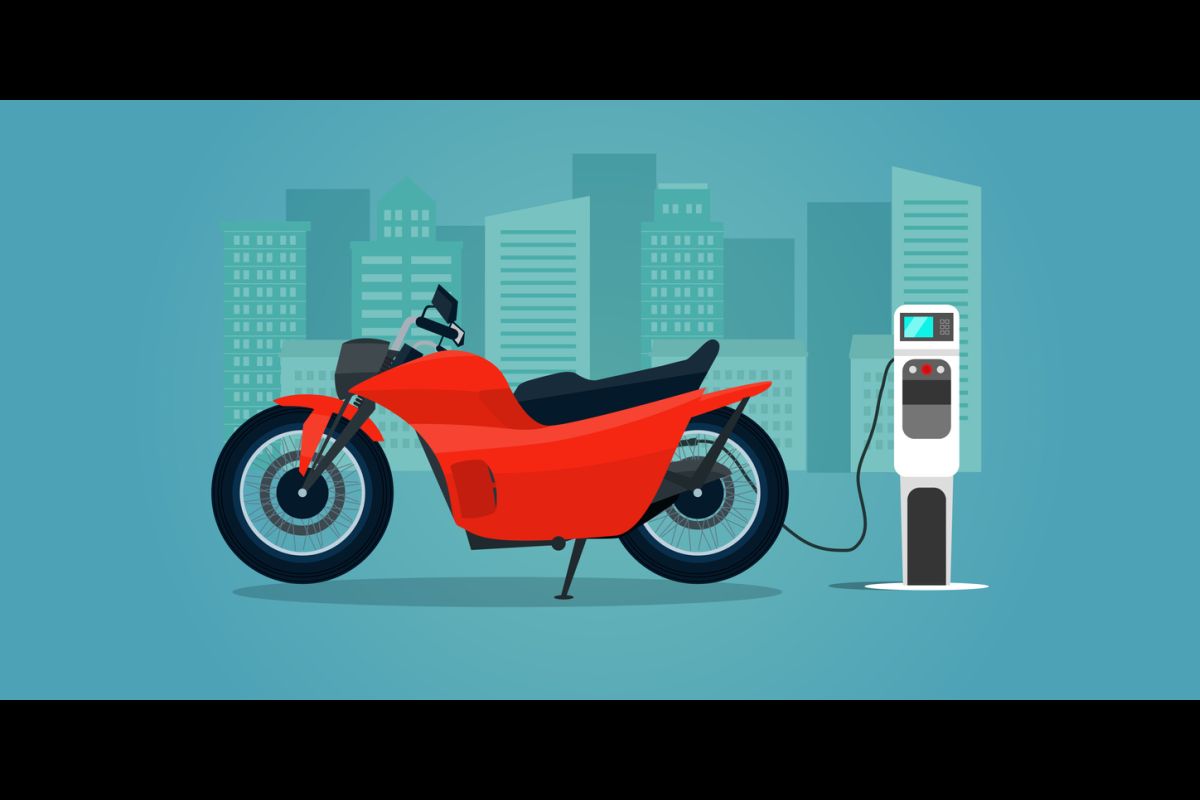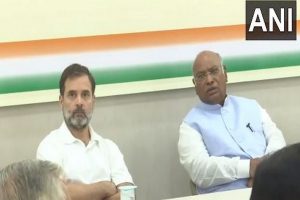In a bid to fight against pollution, the Delhi Government has circulated its ambitious Aggregator Policy in the public domain. The policy has been drafted in view of rising air pollution and will mandate ride aggregators & delivery services to adopt electric vehicles while procuring new fleets.
As per the policy, aggregators and delivery services would need to ensure 10% of all newly onboarded two-wheelers and 5% of all newly onboarded four-wheelers are electric in the next 3 months (since the date of implementation), while 50% of all two-wheelers and 25% of all four-wheelers are electric by March 2023.
Drafted in accordance with regulations set forth by the Delhi Electric Vehicle Policy 2020, the aggregator policy allows incentives to ensure the transition to EV amongst the ride-hailing industry happens in a time-bound manner.
Delhi Environment Minister Gopal Rai stated that the Delhi Government will continue to engage citizens in implementing such forward-looking policies in the fight against pollution. He requested everyone to be actively involved in sending their feedback and comments for the policy.
Advisor to the Environment Minister, Ms. Reena Gupta said that this policy marks an important milestone in the Delhi Government’s goals of reducing air pollution by 30% by 2024. She added that the CAQM should also direct other states to adopt similar aggregator regulations in the larger NCR region.
The Delhi Government has become the first Indian state to adopt an aggregator policy to regulate vehicular emissions from the ride-hailing industry. The draught policy first notified on the 14th of January 2022, has now been put up in the public domain through http://it.delhigovt.nic.in/pis/noc/egazettes.asp, inviting suggestions and objections of the general public within a period of 60 days.
As a result, any feedback received would be incorporated into the policy and announced for implementation.
Rai, said, “Now that the policy has been put up in public domain for comments, I would request everyone to be actively involved in sending their feedback and comments.”
Reena Gupta, Advisor to the Environment Minister, while talking about the draft policy mentioned, “This policy marks an important milestone in Delhi Government’s goals of reducing air pollution by 30% by 2024. To ensure the policy has the intended impact of reducing vehicular pollution in the NCR area, CAQM should also direct other states to adopt similar aggregator regulations in the larger NCR region to allow for a transcending policy to combat vehicular pollution in the NCR area. Now that the policy has been put up in the public domain, we hope citizens will actively engage in providing their feedback and comments.”
The draft policy has now been put in the public domain inviting suggestions and objections of the general public within a period of 60 days from 25th January 2022, the official publication date of the gazette notification, post which it would be notified for implementation.
To ensure the policy has a large scale impact in reducing vehicular emissions, not just in Delhi, but the larger NCR region, the Government of NCT of Delhi will also be making a representation to CAQM to direct other states in the NCR area to also adopt an aggregator policy for EV uptake in operational fleets, that would allow for a transcending policy to combat vehicular emissions in the Delhi NCR area.












